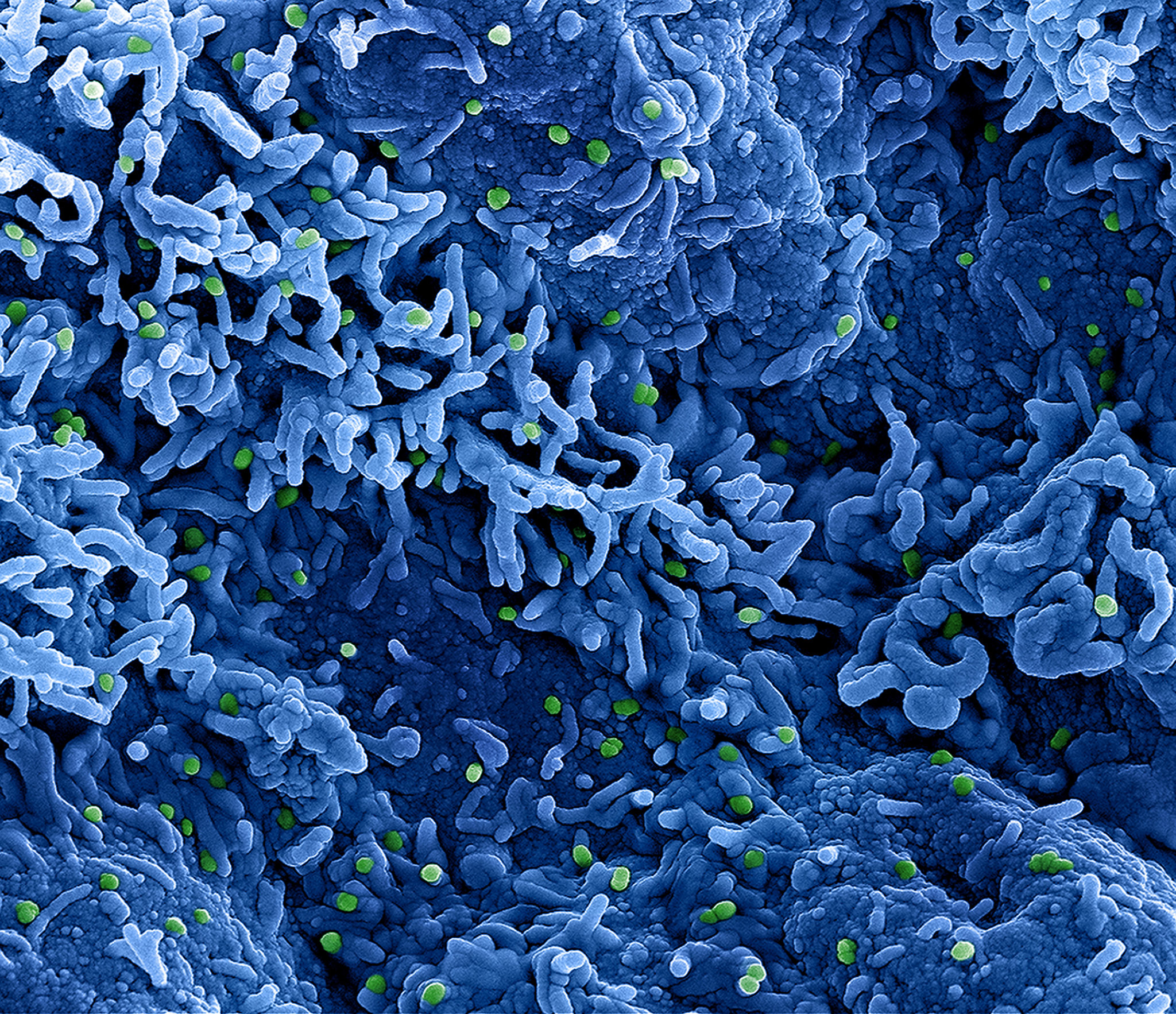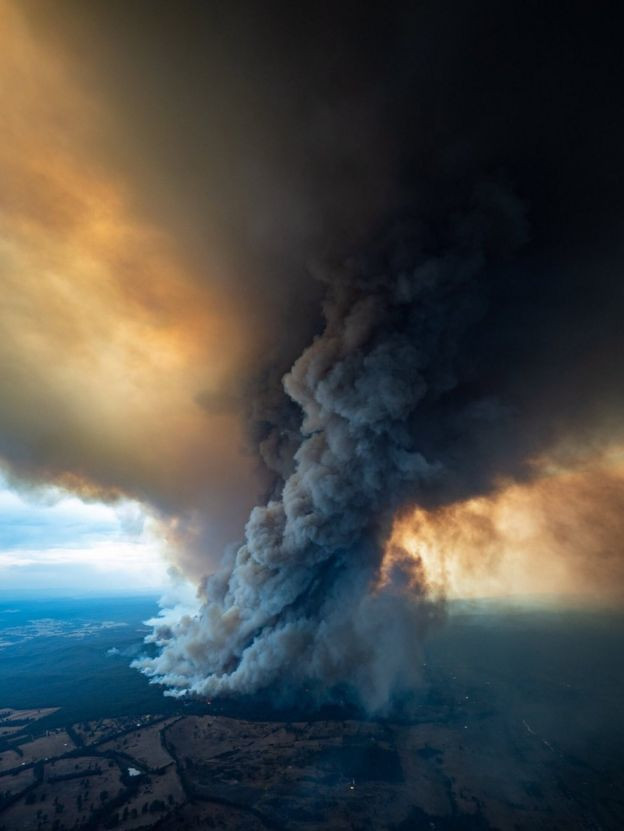Earlier this month, the World Health Organization stated that mpox was a cause for international concern, as the number of cases of the disease continues to increase. Here in Saskatchewan, though, officials aren’t too concerned about it spreading in the province.
When asked about what concerns people in the province should have about the illness, the provincial Ministry of Health advised in an email there have been no reported cases of mpox in Saskatchewan since 2022, and the risk to residents remains low.
The illness is commonly found in parts of central and western Africa. Those who have travelled to areas with confirmed cases of mpox may be at risk if they attended any gatherings or events that included close, prolonged, and frequent skin-to-skin contact, as this is the main method of transmission of the illness. The most commonly reported risk factor, according to the Ministry of Health, is sexual contact.
For those who have travelled to areas where there are confirmed cases of mpox, or if a person has been in contact with someone with suspected or confirmed mpox, the Ministry of Health recommends monitoring for fever and other symptoms of the illness for three weeks. If those symptoms develop, they should consult with a healthcare provider as soon as possible.
Mpox has been declared a global health emergency. Is it a cause for worry? No, not yet. The World Health Organisation’s warning is aimed at raising awareness so that people can take steps to prevent contracting the disease.
We have lived through the outbreak of Covid-19, a far more virulent disease. Mpox is infectious, but it’s no Covid. Not yet, at least. So calm down.
Much of the mpox cases were restricted to the Central African state of Democratic Republic of Congo, where most of the over 500 deaths have been reported. The WHO alert came after outbreaks were reported from the neighbouring countries of Burundi, Rwanda, Uganda and Kenya.
In an interconnected world, it is easy for a virus to travel around the world in quick time. That was one of the painful lessons of Covid. Already mpox cases have been reported from Sweden, Pakistan and China. The list will grow in the coming days. That’s enough reason to take precautions.
We are all familiar with the Covid safety protocol. That should work well against the mpox virus, which mainly spreads through contact. It enters the body through broken skin, the respiratory tract, or mucous membranes, which include eyes, nose, and mouth. So the Covid precautions should guard us against mpox.
Mpox Precautions: What You Can Do
Is a face mask essential? Not really, since the outbreak has been limited so far. But it’s certainly a good idea to wear it in public places. I would definitely wear one on international flights. Who knows where each of the passengers has been? I would also resist handshakes with strangers.
Handwashing helps. Remember the 20-second rule. It saved us during Covid. Time to bring it back. The hand sanitiser too. I know of many people who continued to use it long after Covid receded. It’s time to emulate them.
Symptoms and Diagnosis
Viral fever and influenza have become common these days, season or not. With mpox around, extra vigilance would help as some symptoms like fever, headache and muscle aches are similar. So don’t panic. Let a doctor do the diagnosis.
But we have to be alert. Watch out for rashes on the face, hands, feet, and other parts of the body. Keep an eye on them because, in mpox, rashes become pustules (pimples filled with pus). If pustules appear, seek medical attention right away.
Don't Panic, Be Prepared
The chances are slim, but it pays to be cautious. After all, prevention is better than cure.

















